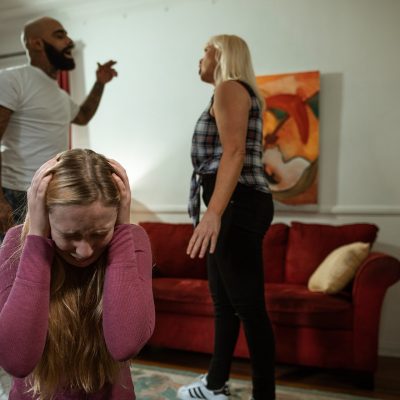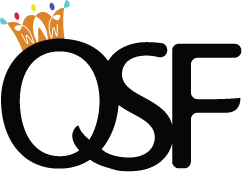
How Does Divorce Affect Mental Health?
Divorce is an all too familiar part of modern-day life, but that unfortunate reality doesn’t make it any less distressing when it happens to you. No one gets married anticipating it will end in divorce. The breakdown of a relationship is emotionally difficult for everyone involved and can affect your mental health. You may find yourself experiencing depression or anxiety for the first time. It is very stressful dealing with many feelings as you try to cope with the loss of your relationship. Living in a loveless or disapproving, highly critical relationship for a long time may result in low self-esteem, sadness, and lack of self-confidence.
HOW TO IMPROVE YOUR MENTAL HEALTH DURING THE DIVORCE PROCESS
Divorce Therapy
The marriage is done and dusted and it’s time to move on. You don’t need a therapist anymore, you need an attorney, right? Wrong. You need both. Divorces can be emotionally and financially painstaking for years. Working through the issues during the legal process through divorce therapy can save you both, and the children if you have any, deeper wounds and money. Divorce counseling is geared to assisting you work through the pain of your personal feelings as well as those between each other.
Divorce Mediation
You can often avoid lengthy and expensive court battles by attending divorce mediation sessions. A divorce mediator is a neutral third party who can help you discuss and resolve issues for an uncontested divorce. Mediators are specifically trained on conflict resolution for divorce and very knowledgeable of the laws. Some mediators are lawyers, while others are mental health professionals.
Emotional Freedom Therapy
Emotional freedom technique is an outstanding personal help process that can assist in improving mental health by removing outdated mental beliefs that block the mind. It improves both physical and mental health and increases the body’s performance. Although emotional health is often overlooked by individuals, it’s extremely important for healing. The emotional freedom technique has achieved good results where it has been used. This has been proven when applied to fears, pain, medical issues, emotional imbalances, anxiety, and depression. The technique aims at helping individuals to adjust the emotional aspect of the problem facing them, thus reducing the burden to their mind and improving their mental health.
Whatever approach you choose, remember every marriage and divorce is unique. It may take time to find the approach that works best for your situation. There is no set timetable for how long it takes to emotionally recover from a divorce. Give yourself the freedom and self-love to move through the divorce process at your own pace.
Honor First virtual therapists provide individual, family, group, and marital counseling for all ages. The Queen Shirley Foundation (QSF) offers therapeutic art workshops. Exploring your creative side in a therapeutic environment can be helpful for managing your emotions from divorce.
Latest Blogs
-
Help for Teen Suicide
12 May, 2022 -
How Art Benefits Mental Health
09 March, 2022 -
How Does Divorce Affect Mental Health?
12 May, 2022






